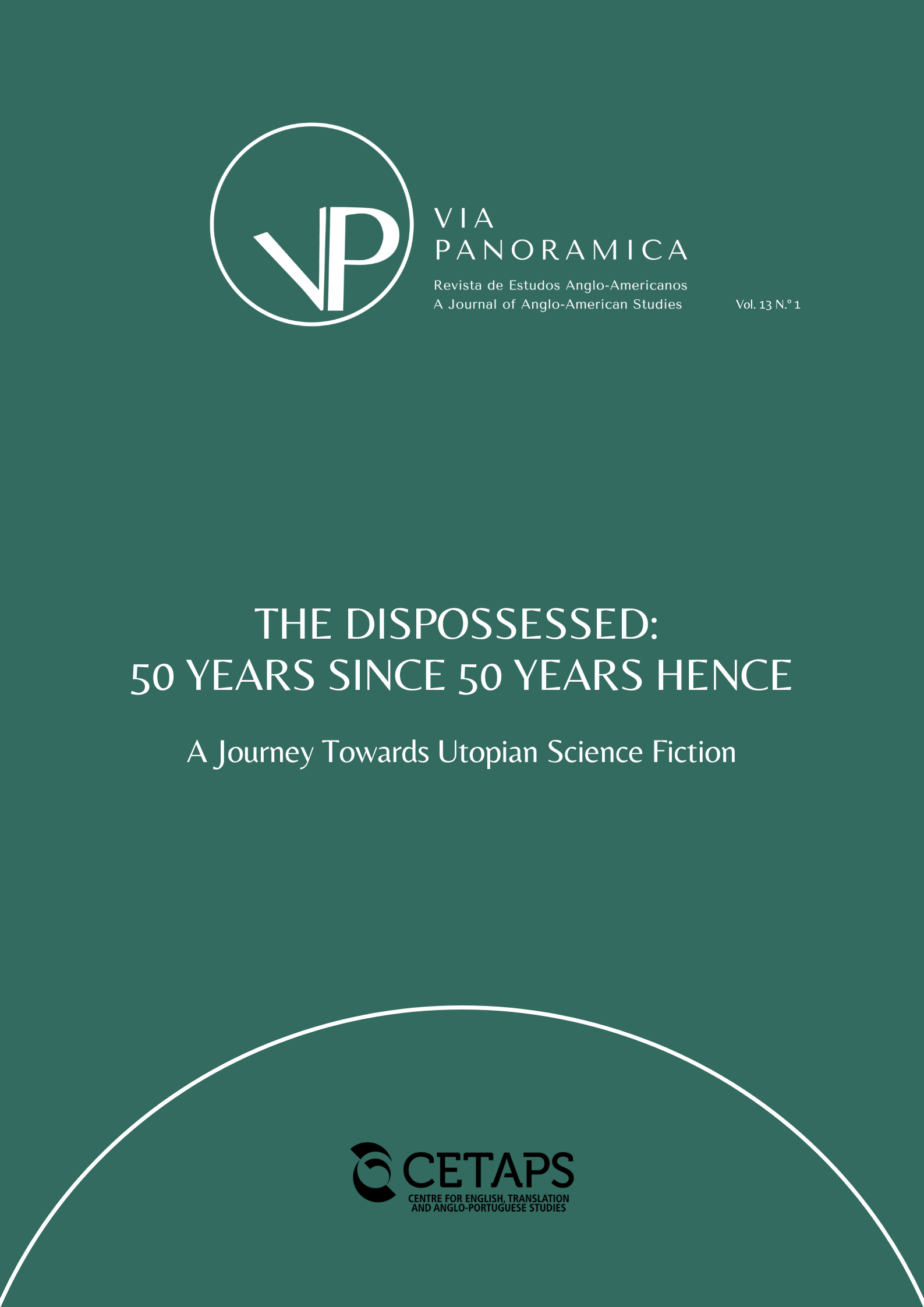The Utopia in Omelas, a Yin-Yang analysis
Keywords:
utopia, distopia, Yin Yang, Omelas, paradoxo, tradiçãoAbstract
ABSTRACT:
“The Ones Who Walk Away from Omelas” by Ursula K. Le Guin delves into the complexities of the human condition and
nature, exploring through them the concept of utopia. Resorting to the Yin Yang theory, Le Guin proposes the interdependence between utopian and dystopian traits exploring the cycle they form and the transformation they allow. Omelas stands, in this article, as the perfect example of this interdependence, as it presents a seemingly utopian setting marked by inherently dystopian traits, i.e., the child and the abuse to which it is the victim. The paradoxical nature of Omelas prompts contemplation regarding the true meaning of utopia and the means through which it can be achieved or not By analyzing the departure of those who refuse to perpetuate Omelas’ social contract through the Yin Yang lens, this article clarifies where the utopia truly resides in Omelas. In light of this, one finds that the true utopia in Omelas can be found in three places: the ones who choose to leave, as the embodiment of utopia; the journey on which they embark and finally, the out of reach destination they are heading towards, and which will keep moving them. In this story, Le Guin parts with the tradition of utopian writing, advocating for a dynamic state rather than a static one.
Downloads
Published
How to Cite
Issue
Section
License
Copyright (c) 2024 Via Panoramica: Revista de Estudos Anglo-Americanos / A Journal of Anglo-American Studies

This work is licensed under a Creative Commons Attribution-NonCommercial 4.0 International License.




